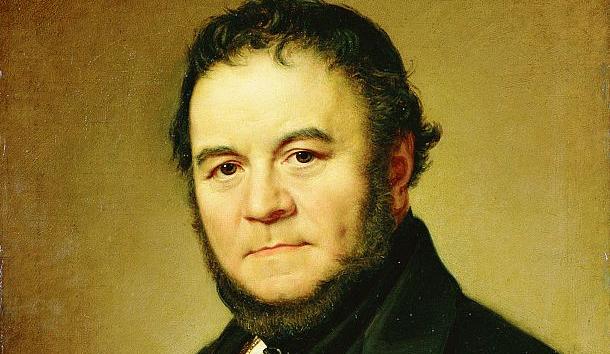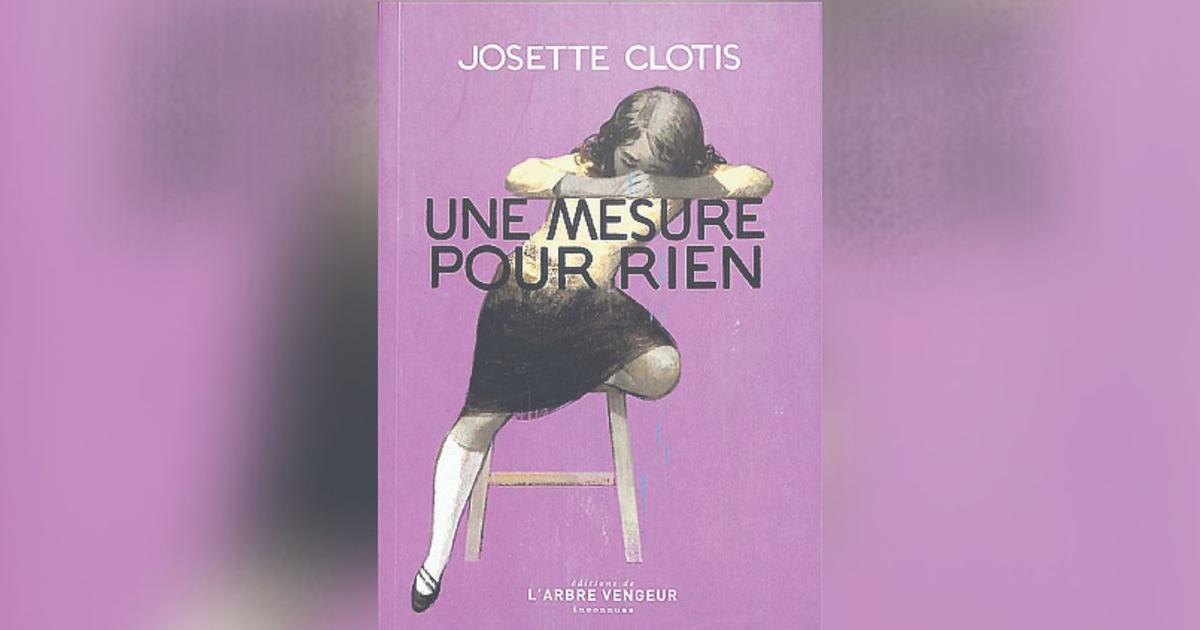Some writers have had a singular passion.
That of Stendhal was travel, and the need “to invent moments of
''happy babble''
”, according to Rousseau's formula, writes Marie-Rose Corredor in
Stendhal à Cosmopolis
.
The exploration of Italy, England but also France inspired him with a few neologisms and Anglicisms, which still flutter about in our language.
To celebrate the anniversary of his birth,
Le Figaro invites
you to (re)discover them.
Tourist
Stendhal suffered
from Anglomania
, like most of his contemporaries, who exaggeratedly and systematically admired and imitated everything that belonged to England. He studied English for many years, and it is to him that we owe the word
"tourist"
, then just imported from England. He titled one of his travelogues
Memoir of a tourist
and then became
"the first tourist in French literature"
, according to the formula of Sylvain Venayre. The word went back and forth amusingly between our two languages. Our
“touriste”
comes from
tourist
, itself derived from the French
“tour”
.
It has been attested in French since the middle of the 17th century, in the sense of
“journey, circuit during which one visits different places”
, before Stendhal popularized it.
happy couple
The readers of
La Chartreuse de Parme
have undoubtedly noticed this.
Stendhal dedicates his novel with this formula:
to the happy few
, that is to say
"to a few privileged few"
.
He would have been inspired by a verse taken from Shakespeare's
Henry V
, of which he was a fervent admirer:
“We few, we happy few, we band of brothers”
.
He loved this phrase so much that he made it his motto,
"because he [knew] that he [was] several generations ahead of his century, that he [was speaking] to a select few - the
happy few
– the only ones capable of understanding it”
, informs the Larousse.
Crystallization
Let Stendhal himself define this word, which has not ceased to be reused since its inception:
"What I call crystallization is the operation of the mind, which draws from everything that presents itself the discovery that the loved object has new perfections”
(
On Love
, 1822).
Stendhal 's
“love crystallization”
therefore describes this moment, at the very beginning of a relationship, when one idealizes the other.
Every word, every gesture he has makes him more perfect in our eyes.
It is
"a construction in the imagination of the feeling of love"
, specifies the French Academy.
We also speak of artistic, social or spiritual crystallization, to describe the fact of organizing oneself, of concretizing oneself, of settling.
” READ ALSO – Do you know these words of Françoise Sagan?
Egotism
Here is another anglicism that we owe to the author of
Rouge et le noir
.
"Egotism"
is borrowed from the English
egotism
, which is translated as
"egocentrism"
.
But this concept developed by Stendhal is more complex.
It designates
"the analytical study, made by a writer, of his own personality"
, notes the Larousse.
From the Latin
ego
,
“me”
, egotism today more generally describes a
“way of talking about oneself, of putting oneself forward, of constantly referring to oneself”
, according to the TLFi.
unreachable
Did the writer suspect that this word would be considered not to be
"very good language"
by the French Academy? Indulgent, the sages specify that this adjective
“is not incorrect”
, but that it should be
“avoided”
. This Stendhalian creation can be read in his
Journal
, March 18, 1813, where he notes, mixing French and English:
"The great places
inattainable
for me"
, shunning the adjectives
"inaccessible"
or
"out of reach"
. The find had a certain success, since Gide, Aragon and Proust (who writes
it "inattingibles"
in his
Correspondence
and
"unattainable distant"
in his
Research
) took it up at will.
beylism
"Self-awareness, energy, the search for happiness"
... Stendhal's characters find themselves in this same attitude.
This is what the author called
"beylism"
, taken from his real name, Henri Beyle.
Anyone who exalts individualism and sometimes shows cynicism in the conduct of his actions, is thus showing
"beylism"
.
The word has the overall meaning of the
"cult of Stendhal, of his life, his work and his thought"
, or the passion for the studies devoted to him.









